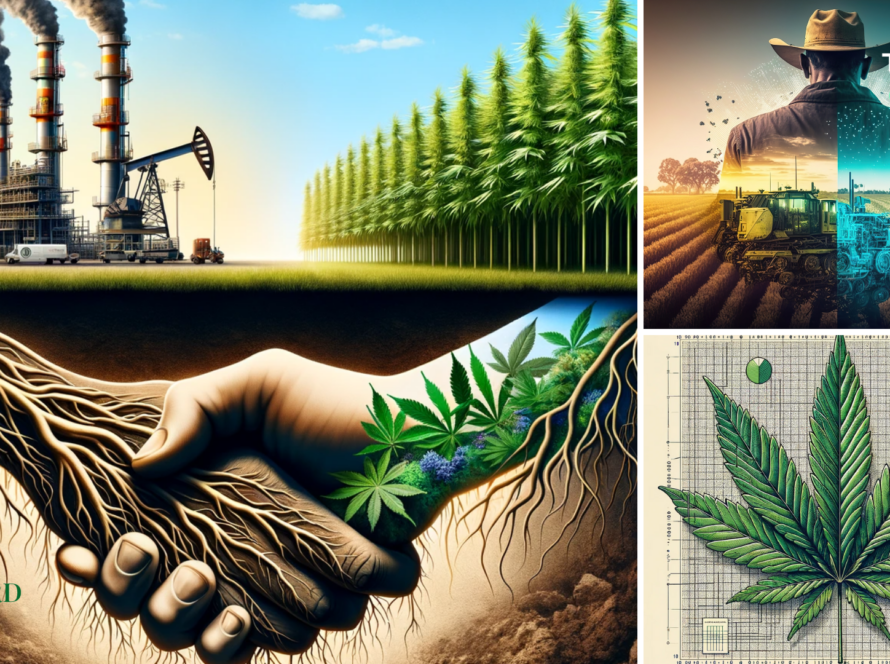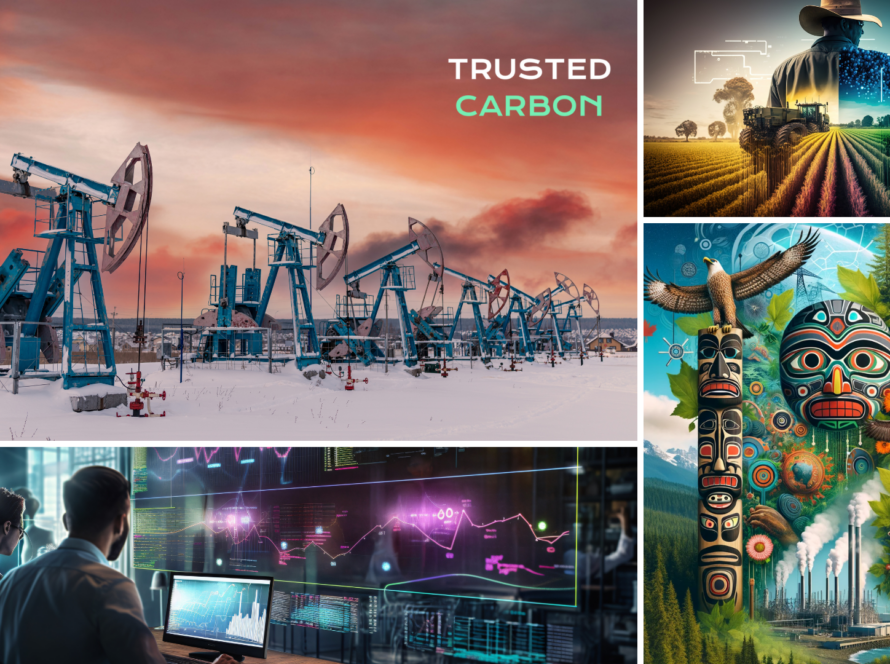Industrial hemp crops are emerging as a promising alternative to traditional tree planting when it comes to carbon sequestration. While trees have long been championed as the ultimate solution for absorbing CO2 emissions, industrial hemp crops may have a number of advantages that make them a better choice in some cases. In this article, we will explore why industrial hemp crops are better than tree planting for absorbing CO2.
Firstly, industrial hemp crops grow much faster than trees, which means they are able to absorb more CO2 in a shorter amount of time. Hemp plants can grow up to 16 feet tall in just four months, while trees can take several years to reach a similar height. This rapid growth rate allows hemp crops to sequester carbon quickly and efficiently, making them an ideal choice for mitigating the effects of climate change.
Secondly, hemp crops have a much higher CO2 absorption capacity than trees. Studies have shown that hemp plants can absorb up to 10 tonnes of CO2 per acre, while trees typically absorb between 2 and 5 tonnes of CO2 per acre. This means that hemp crops are able to sequester more carbon per unit of land, making them a more efficient solution for carbon sequestration.
Thirdly, hemp crops have a range of other environmental benefits that make them a better choice than trees in some cases. For example, hemp crops require much less water than trees, which makes them a better choice for regions that are prone to drought. Additionally, hemp crops can be grown without the use of harmful pesticides and herbicides, which makes them a more sustainable choice for farmers and the environment.
Industrial Hemp has the capacity to absorb 10 times the amount of CO2 compared to reforestation projects.
Tim Rosen
Finally, hemp crops have a range of industrial applications that make them a more economically viable option than trees in some cases. Hemp fibers can be used to produce a range of textiles, paper products, and building materials, which can help to reduce our dependence on traditional fossil fuel-based products. Additionally, hemp seeds can be used to produce a range of food and health products, which can provide farmers with an additional source of income.
In conclusion
While trees have long been considered the ultimate solution for carbon sequestration, industrial hemp crops may have a number of advantages that make them a better choice in some cases. Their fast growth rate, high CO2 absorption capacity, and other environmental and economic benefits make them a promising solution for mitigating the effects of climate change. As we continue to search for sustainable solutions to the challenges posed by climate change, industrial hemp crops are likely to play an increasingly important role in our efforts to create a more sustainable future.




